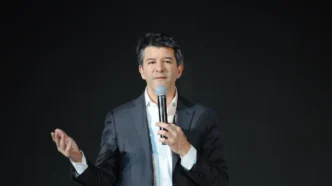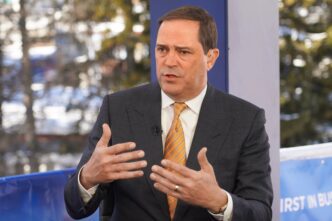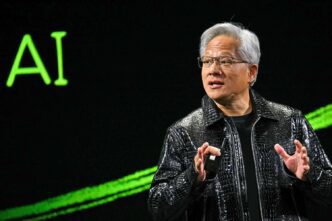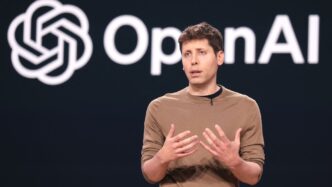At last week’s Abundance Summit in Los Angeles, billionaire entrepreneur Travis Kalanick gave a rare glimpse into the bigger vision behind his latest venture, CloudKitchens. While the company is widely known today for its growing network of ghost kitchens supporting delivery-only restaurants, Kalanick hinted that the future could look very different — one where AI doesn’t just optimize delivery but also perfects the meals themselves.
During a candid chat with summit host Peter Diamandis, Kalanick drew parallels between CloudKitchens and some of the most disruptive companies of the past decade. He recalled how early taxi apps failed because they simply tried to grab a slice of a broken market — one that Uber later fully transformed. The same, he warned, could happen to restaurants overly reliant on platforms like Uber Eats and DoorDash.
“They’re optimizing yield on someone else’s platform,” Kalanick said. “And if you’re on someone else’s platform, they can squeeze you.” The message was clear — CloudKitchens isn’t aiming to stay just another cog in the delivery machine.
Later, when asked about the role of AI in CloudKitchens’ future, Kalanick doubled down on his ambitious plans. He described a world where “cooking becomes a service” — much like ridesharing made driving one. The ultimate goal? Making healthy, affordable meals available to everyone, not just the wealthy.
He also introduced the idea of “atoms AI” — artificial intelligence that interacts with the physical world, rather than just digital bits. Autonomous cars and humanoid robots, he explained, are part of this new wave of technology, and CloudKitchens plans to be right in the middle of it.
Although Kalanick didn’t dive deeper — the conversation quickly shifted — his comments were enough to hint at where CloudKitchens is heading. And they’re not alone in this race.
Marc Lore, another billionaire entrepreneur best known for Jet.com, is building a similar vision through his startup Wonder. Like CloudKitchens, Wonder began as a modern ghost kitchen but has since expanded its ambitions — with plenty of investor backing.
Last November, Wonder made headlines by acquiring Grubhub’s delivery business, signaling plans far beyond meal delivery. Lore laid out his grand vision in an interview, describing a “super app for mealtime” powered by AI.
Imagine waking up to an AI-generated meal plan that considers your health goals, dietary preferences, and even your latest wearable device data or blood test results. That’s the future Wonder envisions — one where AI doesn’t just plan your meals but helps manage your health in real time.
“We’re aiming to put all the pieces together to manage what you eat and your health like never before,” Lore shared. It may sound futuristic, but given his and Kalanick’s track records of disrupting industries once thought untouchable, it’s a future that feels increasingly within reach.
Both Wonder and CloudKitchens have attracted serious capital to fuel these ambitions. Wonder has raised $1.6 billion, while CloudKitchens reportedly secured a similar amount — though Kalanick has remained far more secretive about his company’s roadmap.
What’s clear is that these two visionaries are betting on the same future: AI-powered food services that disrupt traditional cooking and dining altogether. If they’re right, the way we think about mealtime — from what we eat to who prepares it — could change forever.
The question isn’t if this AI revolution is coming — it’s when.













